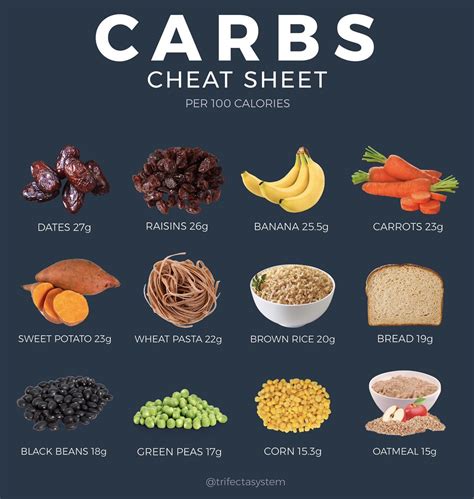How Many Carbs Per Day Should You Eat to Lose Weight?
Losing weight is a common goal, and many people find that adjusting their carbohydrate intake is a key part of achieving their weight loss goals. But how many carbs should you eat per day to lose weight effectively and sustainably? There's no single magic number, as individual needs vary significantly based on factors like activity level, metabolism, and overall health. This guide will explore the relationship between carb intake and weight loss, helping you determine a suitable carbohydrate range for your own journey.
Understanding Carbohydrates and Weight Loss
Carbohydrates are one of the three macronutrients (along with protein and fat) that provide energy to your body. They're broken down into glucose, which your body uses as fuel. When you consume more carbohydrates than your body needs for energy, the excess is stored as glycogen in your muscles and liver, and if glycogen stores are full, it's converted and stored as fat. This is why managing carbohydrate intake is crucial for weight loss.
The Role of Calories
It's important to remember that weight loss ultimately comes down to a calorie deficit. This means you need to burn more calories than you consume. While reducing carbohydrate intake can help you achieve this deficit, it's not the only factor. Protein and fat also contribute to your daily calorie intake. Focusing solely on carbs and neglecting overall calorie consumption can hinder your progress.
Determining Your Ideal Carb Intake
There's no universally recommended carb intake for weight loss. However, several approaches can help you find what works best for you:
1. The Moderate Carb Approach (100-150g per day)
Many people find success with a moderate carb approach, consuming around 100-150 grams of carbohydrates per day. This approach allows for inclusion of fruits, vegetables, and whole grains in your diet, while still creating a calorie deficit. Focus on complex carbohydrates like those found in whole grains, legumes, and non-starchy vegetables, as these are digested more slowly and help regulate blood sugar levels.
2. The Low-Carb Approach (<50g per day)
A low-carb diet, typically under 50 grams per day, can be very effective for some individuals, particularly those who are insulin resistant. This approach often involves significantly reducing carbohydrate sources like bread, pasta, and sugary drinks. However, it's important to note that low-carb diets can be challenging to maintain long-term and may lead to nutrient deficiencies if not planned carefully. Consult a healthcare professional before starting a very low-carb diet.
3. The Ketogenic Diet (very low carb)
The ketogenic diet is an extremely low-carb approach, typically involving less than 20-50 grams of carbohydrates per day. The goal is to force your body into a metabolic state called ketosis, where it burns fat for energy instead of glucose. While effective for some, ketogenic diets require careful planning and monitoring to avoid potential side effects. Professional guidance is strongly recommended.
Factors Influencing Your Carb Needs
Several factors influence how many carbs you should consume for weight loss:
- Activity level: More active individuals may require a higher carbohydrate intake to fuel their workouts.
- Metabolism: Metabolic rate varies from person to person, affecting how quickly your body burns calories.
- Body composition: Your current body fat percentage influences your calorie needs and carbohydrate tolerance.
- Overall health: Underlying health conditions can impact your carbohydrate requirements.
Finding the Right Balance
The best way to determine your ideal carb intake is through trial and error, combined with monitoring your progress. Start with a moderate reduction in carbs, track your calorie intake and weight, and adjust accordingly. Listen to your body, paying attention to energy levels, hunger cues, and overall well-being. If you experience significant fatigue, dizziness, or other negative effects, you may need to adjust your carbohydrate intake.
Disclaimer: This information is for general knowledge and shouldn't be considered medical advice. Consult a healthcare professional or registered dietitian before making significant dietary changes, especially if you have underlying health conditions. They can help you create a personalized plan that aligns with your specific needs and goals.
